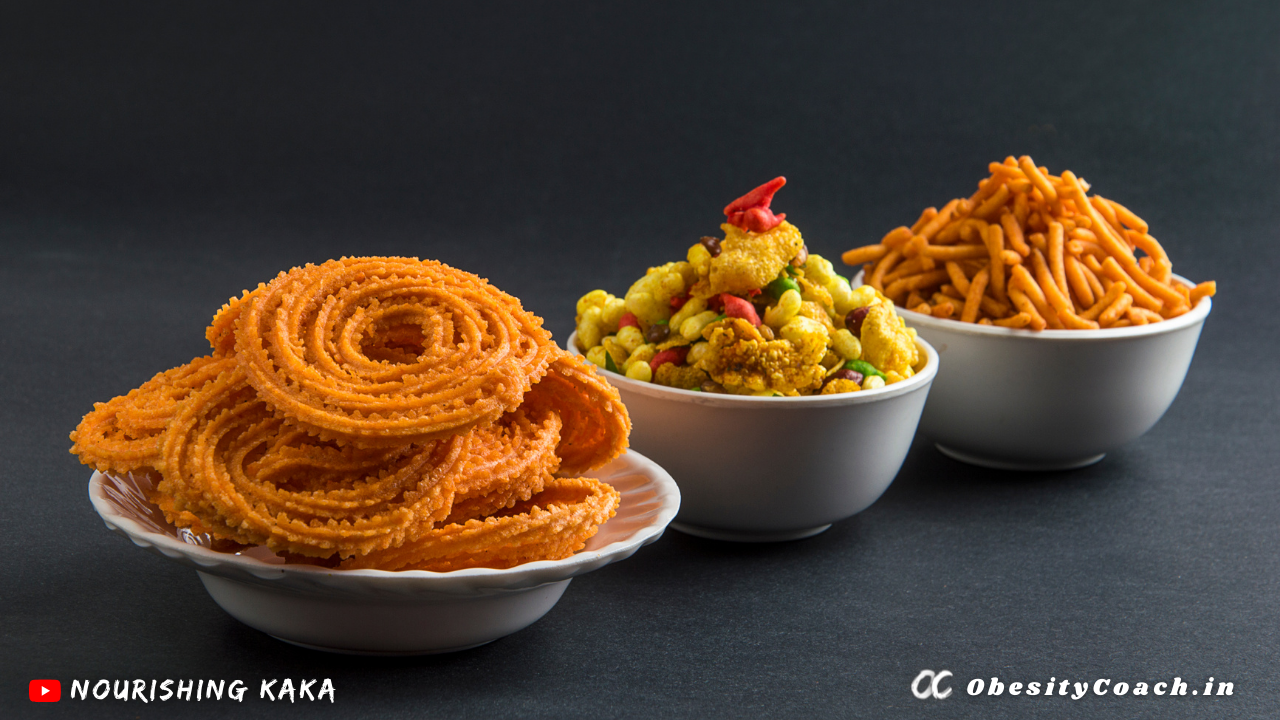How junk food causes heart disease?
The link between ultra-processed foods and cardiovascular problems is a matter of growing concern in the field of nutrition and public health. Ultra-processed foods are characterized by extensive industrial processing and the inclusion of additives, preservatives, sweeteners, flavorings, emulsifiers, and other substances.
Several aspects of ultra-processed foods contribute to an increased risk of cardiovascular problems

1. High in Added Sugars and Unhealthy Fats
Ultra-processed foods often contain high levels of added sugars, contributing to excessive caloric intake and promoting insulin resistance.
These foods frequently contain unhealthy trans fats and high levels of saturated fats, linked to elevated LDL cholesterol and an increased risk of cardiovascular diseases.

2. Low in Nutrients
Ultra-processed foods tend to be nutritionally poor, lacking essential vitamins, minerals, and other micronutrients.
And insufficient intake of nutrients important for cardiovascular health, such as omega-3 fatty acids, antioxidants, and fiber, can contribute to the development of cardiovascular problems.

3. High in Sodium
Many ultra-processed foods are loaded with sodium, contributing to high salt intake.
And as we know, excessive sodium intake is associated with hypertension, a major risk factor for cardiovascular diseases.

4. Low in Dietary Fiber
Ultra-processed foods often lack sufficient dietary fiber.
And as many scientific studies have shown, insufficient fiber intake is linked to elevated cholesterol levels and an increased risk of heart disease.

5. Promotes Overeating
Ultra-processed foods are often energy-dense, and their consumption may lead to overeating.
And excessive caloric intake can contribute to weight gain and obesity, both of which are risk factors for cardiovascular problems.

6. Inflammation and Oxidative Stress
The various additives and preservatives in ultra-processed foods may contribute to systemic inflammation and oxidative stress.
And chronic inflammation and oxidative stress play a role in the development and progression of cardiovascular diseases.

7. Altered Gut Microbiota
Ultra-processed foods may negatively impact the composition and diversity of the gut microbiota.
And disruptions in gut microbiota have been linked to inflammation, metabolic dysfunction, and cardiovascular problems.

8. Convenience and Accessibility
The convenience and widespread availability of ultra-processed foods may lead to their overconsumption.
And reliance on these foods at the expense of whole, nutrient-dense foods can contribute to an overall poor diet quality, increasing the risk of cardiovascular issues.

Conclusion
The link between ultra-processed foods and cardiovascular problems is rooted in their poor nutritional profile, high content of harmful additives, and associations with behaviors that contribute to cardiovascular risk. Opting for a diet rich in whole, minimally processed foods and adopting a lifestyle that emphasizes balanced nutrition is crucial for maintaining cardiovascular health.
